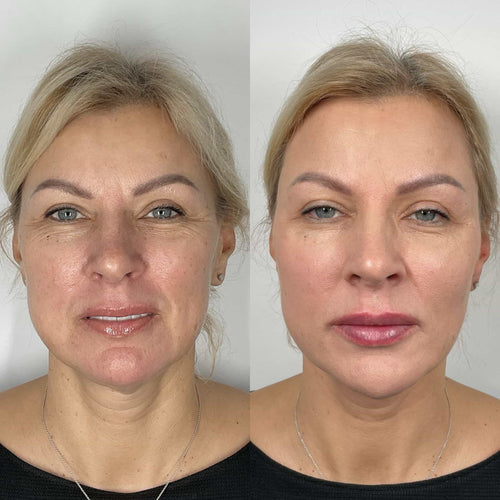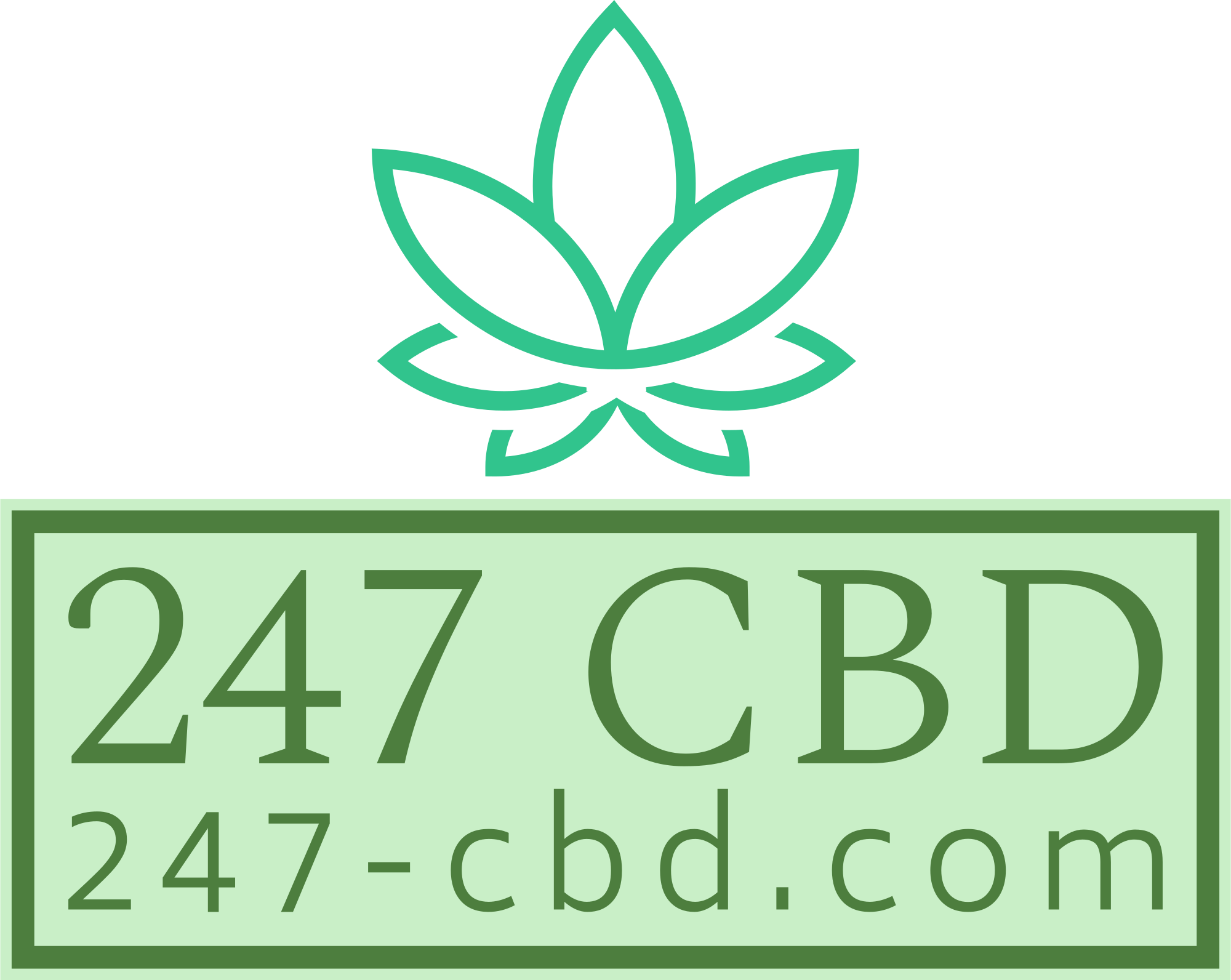Reserve a Dermal Filler Appointment with Dr. Laura Geige Now
Pre-Injection Preparation
Skincare Routine
Pre-injection preparation plays a crucial role in minimizing bruising and promoting optimal results after lip filler treatments.
Prior to your appointment, start incorporating these skincare practices into your routine for at least a week leading up to the procedure:
1. Hydration is Key: Drink plenty of water throughout the week to keep your skin hydrated and supple. Well-hydrated skin tends to heal better.
2. Nutritional Boost: A diet rich in fruits, vegetables, and omega-3 fatty acids can support collagen production and improve overall skin health, reducing bruising.
3. Avoid Blood Thinners:
Refrain from taking aspirin, ibuprofen, or other blood-thinning medications for a week before your appointment as they increase the risk of bleeding and bruising.
**4. Gentle Cleansing: ** Use a gentle cleanser twice daily to remove dirt and impurities without stripping the skin of its natural oils.
5. Exfoliate Regularly:
Exfoliating 2-3 times per week helps to remove dead skin cells, allowing for better product absorption and smoother filler application.
**6. Sun Protection is Essential:** Apply a broad-spectrum sunscreen with an SPF of 30 or higher daily, even on cloudy days. UV exposure can damage the skin and hinder healing.
**7. Avoid Tanning:**
Refrain from tanning beds or sunbathing for at least two weeks before your appointment. Sun-damaged skin is more prone to bruising.
Reserve a Dermal Filler Consultation with Dr. Laura Geige Now
Skincare Routine After Injection:
Following the injection, continue with a gentle skincare routine and follow your practitioner’s aftercare instructions carefully. These often include:
• **Ice application:** Apply ice packs for 15-20 minutes at a time, several times a day, to reduce swelling and minimize bruising.
• **Avoid makeup:** Allow your lips to breathe and avoid applying makeup for the first few days post-injection.
• **Gentle cleansing:** Continue with gentle cleansing and avoid harsh scrubbing.
Medication Review
Pre-injection preparation is crucial for minimizing bruising after lip filler treatments. Proper preparation can reduce the risk and severity of bruising.
Begin by avoiding blood thinners like aspirin, ibuprofen, or vitamin E supplements a week before your appointment. These medications increase the likelihood of bleeding and bruising.
On the day of your treatment, ensure you are well-hydrated by drinking plenty of water. Hydration helps keep blood flowing smoothly.
Consider applying a cold compress to the area for 15-20 minutes before the injection. This can constrict blood vessels and reduce swelling and bruising.
A thorough medication review is essential to ensure safety and minimize potential complications during lip filler injections.
Schedule Your Dermal Fillers with Dr. Laura Geige at It’s Me and You Clinic
Inform your provider about all medications, supplements, or herbal remedies you are taking, including prescription drugs, over-the-counter medications, and vitamins.
Some medications can interact with the fillers or anesthetic used, increasing the risk of adverse reactions, allergic responses, or bleeding.
Your provider will assess your medical history, allergies, and current medication list to determine any potential risks and make informed decisions about your treatment plan.
Be honest and transparent about all medications you are taking to ensure a safe and effective lip filler experience.
Hydration & Nutrition
Pre-injection preparation plays a crucial role in minimizing bruising after lip filler injections.
**Hydration** is paramount in the days leading up to your appointment. Well-hydrated skin is more resilient and better able to withstand trauma from needles.
Aim to drink plenty of water in the week prior to your procedure.
You can also increase your water intake on the day before and day of your appointment.
**Nutrition** also influences bruising. Foods rich in **vitamin C** promote collagen production, aiding in faster healing and reducing the likelihood of excessive bleeding. Incorporate citrus fruits, berries, leafy greens, and bell peppers into your diet.
Additionally, foods containing **vitamin K**, such as broccoli, spinach, and avocados, help with blood clotting and minimize bruising.
Avoid taking medications that can thin the blood, like aspirin or ibuprofen, for a week leading up to your appointment.
Discuss any other medications you are taking with your injector to ensure they won’t interfere with the procedure.
During the Procedure
Choosing a Qualified Practitioner
Choosing a qualified practitioner is paramount to minimizing bruising after lip filler procedures.
Here’s what to consider when selecting your injector:
-
Certification and Experience:
-
Training and Techniques:
-
Consultation and Communication:
Look for practitioners certified by reputable organizations like the American Academy of Facial Esthetics (AAFE), the American Board of Cosmetic Surgery (ABCS), or the National Academy of Aesthetic Medicine (NAAM).
Experience with lip fillers is especially important. Inquire about the number of lip filler procedures they perform annually and ask to see before-and-after photos.
A skilled injector will utilize techniques that minimize trauma to blood vessels, reducing bruising risk. Ask about their preferred injection methods and if they employ cannulas instead of needles (cannulas are generally associated with less bruising).
A thorough consultation is essential. The practitioner should discuss your goals, concerns, and medical history in detail. They should also explain the procedure, potential risks (including bruising), and aftercare instructions clearly.
Remember: Choosing a qualified practitioner with experience and expertise can significantly reduce the likelihood of experiencing excessive bruising after lip filler injections.
Numbing Techniques

During lip filler procedures, numbing techniques are crucial to minimize discomfort and ensure patient comfort.
Here’s a breakdown of common numbing methods used:
- Local Anesthetic Cream:
- Intradermal Injection:
- Infiltration Technique:
A topical anesthetic cream, such as lidocaine or benzocaine, is often applied to the lips about 30-60 minutes before the procedure. This helps numb the surface of the skin and reduce initial pain.
A local anesthetic solution (often lidocaine) may be injected directly into the dermis, the layer of skin beneath the epidermis. This provides deeper numbing and helps manage pain during injections.
For larger volumes of filler, a local anesthetic solution can be gently infiltrated around the area to be treated. This technique numbs a wider area for more extensive procedures.
The specific numbing techniques used may vary depending on the individual patient, the volume of filler being injected, and the practitioner’s preference.
Post-Injection Care
Ice Application
Following lip filler injections, proper post-injection care is crucial to minimize bruising and swelling, ensuring optimal healing and a natural-looking result.
One essential element of post-injection care is ice application. Applying ice packs to the treated area can help constrict blood vessels, reducing inflammation and minimizing the formation of hematomas (bruises).
Here’s how to apply ice effectively after lip filler injections:
1. Wrap a few ice cubes in a thin towel or cloth.
2. Gently press the ice pack against your lips for 10-15 minutes at a time, avoiding direct contact with skin.
3. Repeat this process every 2-3 hours for the first 24-48 hours after the injections.
Remember to never apply ice directly to your skin as it can cause damage and irritation. Always wrap it in a barrier.
Combining ice application with other post-injection care practices like avoiding alcohol, strenuous activity, and hot showers will further reduce bruising and promote faster healing.
Avoidance of Activities
After getting lip fillers, proper post-injection care is crucial for minimizing bruising and swelling, ensuring optimal results, and promoting a smooth healing process.
Avoid strenuous activity for at least 24 hours following the procedure. This includes heavy lifting, vigorous exercise, and any activities that elevate your heart rate significantly.
Refrain from touching or rubbing your lips excessively. Gentle cleansing with lukewarm water is sufficient. Avoid using harsh soaps or exfoliants.
Apply ice packs for 10-15 minutes at a time, several times a day, during the first few days after treatment. This can help reduce inflammation and swelling.
Sleep with your head slightly elevated to minimize fluid buildup in the treated area.
For the first few days, avoid consuming alcohol as it can thin the blood and increase the risk of bruising.
It is essential to avoid any activities that could put pressure on your lips, such as kissing or chewing gum.
Be cautious with makeup application. Wait until swelling subsides before applying lipstick or other lip products. Use a light touch when applying makeup near the injection sites.
Smoking should be avoided for at least 24 hours after treatment as it can impair healing and increase the risk of complications.
Continue using any prescribed medications, such as arnica cream or pain relievers, as directed by your injector.
Compression and Support
Post-injection care is crucial for minimizing bruising and swelling after lip filler treatment.
It involves a combination of lifestyle modifications, topical treatments, and supportive measures.
Compression plays a significant role in reducing swelling by gently constricting the area around the injection sites. Using cold compresses or specialized compression garments for the first few days post-treatment can help minimize inflammation.
Support is equally important. Avoid touching or pressing on your lips excessively, as this can disrupt the filler placement and increase bruising risk. Sleeping with your head elevated can also aid in reducing swelling.
Arnica cream or gel, a natural remedy known for its anti-inflammatory properties, can be applied topically to reduce bruising and promote healing.
Additionally, avoiding alcohol consumption and strenuous activities for the first few days after treatment can help minimize inflammation.
Following your practitioner’s specific instructions regarding post-injection care is essential. They may recommend additional measures tailored to your individual needs and medical history.
Kahh Spence Beauty Decléor Direct Detailed Weddings LA
- Why Does My Lip Filler Keep Migrating - November 3, 2025
- What Is The Difference Between CBD Gummy Edibles And Tinctures - October 31, 2025
- What Are The Best CBD Gummy Sweets For Daily Use - October 30, 2025
